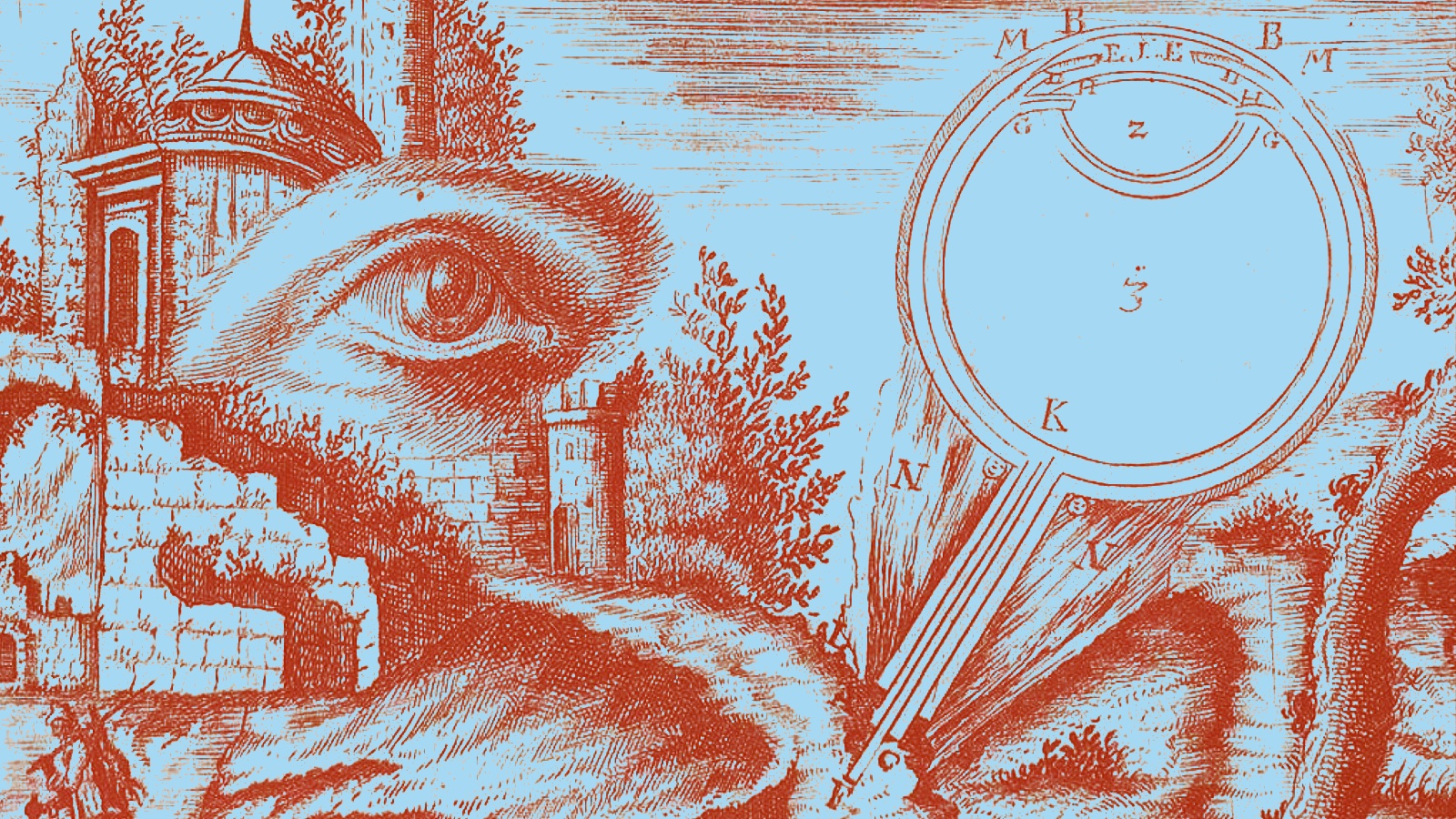Top 10 most popular stories on Big Think in 2022

Hello Big Thinkers! 2022 has been a year filled with angst — the war in Ukraine, global inflation, and the deaths of notable people like Queen Elizabeth II. Yet, there was a lot to capture our attention in good ways, as well, such as the breathtaking images produced by the James Webb Space Telescope.
Below, we present the ten most popular stories that captivated the Big Think audience in 2022.
#10. 17 pictures that show how mind-bogglingly large the Universe is
We all know the Universe is big, but it’s hard to appreciate just how big. This visual article filled with amazing images and figures attempted to rectify that. Two facts in particular stand out: The observable Universe is 92 billion light-years in diameter, and the unobservable Universe is at least hundreds of times bigger.
#9. The 5-hour rule: How to turn a wasted day into a successful one
We all want to better ourselves and live fulfilled lives, but sometimes the pull of the TV or our smartphones is just too strong to resist. And all too often, we end the day wondering where the time went, feeling that we just don’t have enough of it to learn a new language or read that novel. This article reminds us that we all have the same 24 hours in a day, but a simple trick can greatly improve how we use them.
#8. Einstein was right. Flying clocks around the world in opposite directions proved it.
One of the greatest mysteries of the Universe is time. Time is enigmatic, a dimension that doesn’t quite behave like the three geometric ones. A particularly strange fact about time is that people can experience it differently. In a wonderfully simple experiment, scientists took atomic clocks on airplane trips around the world — and it simultaneously demonstrated why Einstein’s theories of general and special relativity are both correct.
#7. Your personality is linked to risk of dementia and cognitive decline
Dementia and cognitive decline are scary, in part because we don’t really understand what causes them. Ideally, we engage in habits that reduce the likelihood that we succumb to these outcomes, but they might be unavoidable. For instance, our personalities may be a factor in whether we develop dementia. (On the bright side, you might be able to change your personality over time.)
#6. The brain undergoes a great “rewiring” after age 40
When we are young, the neurons in our brains are segmented into smaller networks with a huge number of connections. These mini-networks explain why it’s so easy to learn something new. But as we age, these mini-networks have fewer internal connections and develop more external connections to other networks. This may explain why it’s harder to “teach an old dog new tricks.”
#5. Mathematicians suggest the “37% rule” for your life’s biggest decisions
When my husband and I were going to buy a house, the first one we looked at was amazing. It was love at first sight. But we decided not to commit yet — after all, it was the first one we looked at. Sure enough, as we looked at more houses, we realized that the first one had some pretty obvious issues that didn’t fit the lifestyle we wanted. But when should we stop looking at houses? There will always be something better out there. As it turns out, mathematics can help strike the balance between looking at every possible option and immediately choosing the first one you like. In fact, the “37% rule” can be used with many major life decisions.
#4. Earth’s magnetic field supports biblical stories of destruction of ancient cities
Several ancient cities were destroyed in battles so fierce that some bricks melted and re-solidified, causing them to re-orient in the direction of the Earth’s magnetic field. Using knowledge of the Earth’s magnetic field, which slightly changes intensity and direction over the years, a new method can allow for remarkably precise dating of archaeological sites.
#3. How an accidental discovery made this year could change the world
In the process of researching how sulfur can be used in batteries, scientists made an accidental discovery: a new chemical phase of sulfur that prevents battery degradation. They found the result so surprising that they re-checked it 100 times. If their research is ultimately successful, lithium-sulfur batteries literally could change the world. For instance, imagine electric vehicles that have a range of thousands of miles.
#2. 5 ways to unlock your brain’s ancient pleasure centers
Life is tough, really tough. We’ve all been overwhelmed with the day-to-day. Yet we all have access to things that can help defuse stress, like breathing, music, and sexuality. By learning to reconnect with our bodies, we can improve the quality of our lives.
#1. The Universe is already in its sixth and final era
Is there a better way to end 2022 than to realize we’re already at the beginning of the end?





